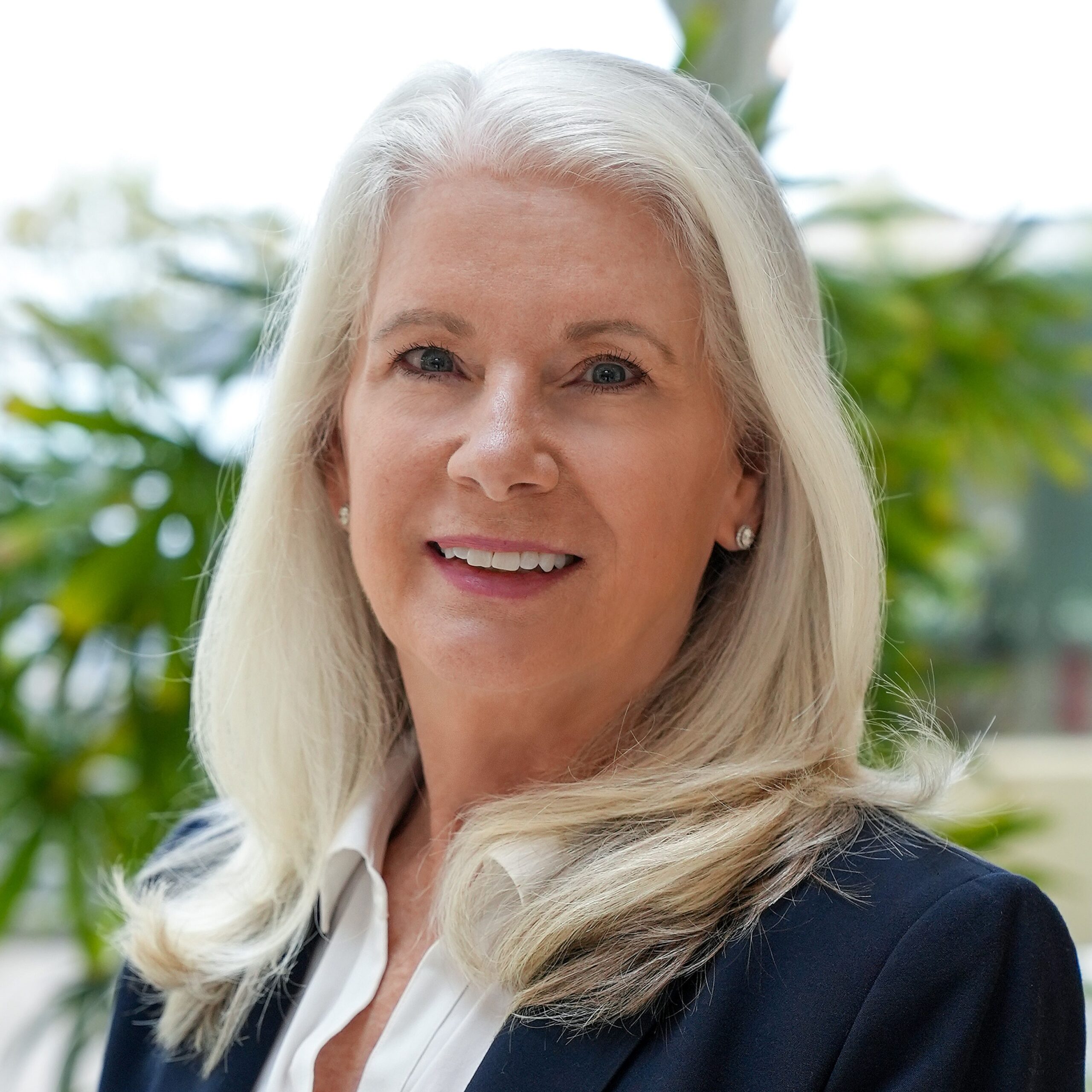Facing burnout and staffing shortages in a system stretched thin.
Psychiatrists, PMHNPs, and other mental health professionals are facing historic levels of pressure. High demand, heavy caseloads, and administrative burdens continue to shape the day-to-day reality of working in mental health. Being a mental health professional today means carrying a significant weight, supporting others while often lacking the resources or time to support yourself. For facility leaders looking for strategies to manage staffing gaps, click here.
The weight of burnout in psychiatry.
What's driving burnout?
Burnout in psychiatry isn’t just a talking point; it’s a lived reality for many clinicians. High patient volumes, emotionally intense cases, and mounting administrative demands can take a toll, both mentally and physically. Over time, the cumulative strain can impact not just your own well-being but the quality of care you’re able to give.
In short-staffed settings, the pressure intensifies. Without adequate psychiatric coverage, patients often turn to emergency departments, stretching clinical teams even further. General practitioners may step in to manage psychiatric prescriptions, adding to their own responsibilities, highlighting the gap in specialized care that only psychiatric specialists can provide. These coverage gaps can create clinical and compliance risks, but more often, they simply wear down the people trying to keep the system running.
Organizations are beginning to recognize that preventing physician burnout isn’t just about personal resilience, it’s about changing the environment. Streamlined administrative processes, wellness support, and flexible work options like locum tenens are part of what makes that change possible.
Easing the burden.
Burnout isn’t a reflection of weakness. It’s the result of a system that often asks too much from too few, especially in psychiatric care. But that doesn’t mean there aren’t strategies to help you manage.
From self-assessment tools to simple changes in your routine or work structure, small shifts can make a meaningful difference. Recent research outlines eight practical steps clinicians can take to protect their empathy, strengthen their boundaries, and reconnect with the purpose behind their practice. These include identifying early signs of emotional exhaustion, staying connected with peers to reduce isolation, and practicing self-compassion when work-life balance feels out of reach.
Recent research reinforces the fact that psychiatrists face uniquely high levels of emotional stress, often due to systemic challenges beyond their control. While it’s not your job to fix the system alone, finding a way to work that prioritizes your well-being, like flexible hours or peer support, is a step toward sustainability. Small changes in your routine, team collaboration, or simply protecting time away from work can help reduce strain and restore a sense of balance.
Advocating for change.
The Dr. Lorna Breen Heroes’ Foundation continues to advocate for a culture shift in healthcare, one where mental health support for clinicians is the norm, not the exception. Their work focuses on breaking down stigma, advancing legislative solutions, and equipping healthcare systems to better protect the well-being of their workforce.
For physicians and advanced practitioners, the foundation’s efforts represent a growing acknowledgment that the system must evolve, not just to retain talent, but to respect it. It’s a reminder that seeking support isn’t weakness; it’s part of sustaining a meaningful career in medicine.
Bridge the psychiatric care gap while avoiding burnout.
Locum tenens work can offer a solution that supports both communities and clinicians. Temporary assignments help maintain continuity of care during coverage gaps or periods of increased demand, without requiring you to commit to a long-term placement that may not align with your needs. Many locum tenens roles now include telehealth options, allowing you to expand access to care without relocating or compromising your personal boundaries.
If you are experiencing suicidal thoughts, please call or text the National Suicide Prevention Lifeline at 988 or chat online.







